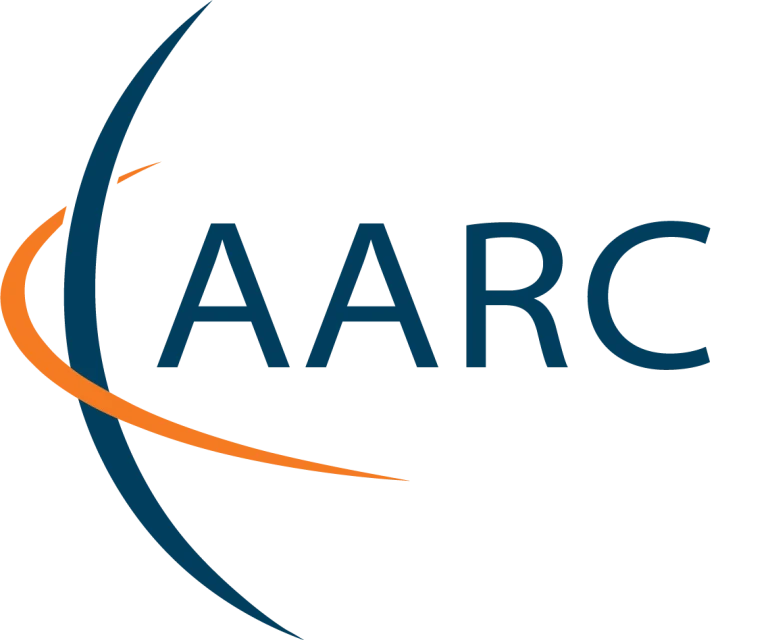The training workshop Federate to Win! took place on the 28th of June 2016 in Helsinki, during the LIBER Annual Conference 2016. The aim of the workshop was to allow participants to gain an insight on the benefits of federated access, lower the barriers to adopting federated access, and at the same time, give them the opportunity to discuss their approach to authentication and find opportunities for collaboration with their peers. The workshop was targeted at librarians at research libraries, who are themselves decision-makers in regards to electronic resources licenses’ negotiation, users management, and authentication.
Fifteen delegates registered for the event, coming from university libraries and other institutions across several European countries (Spain, France, Germany, Netherlands, Finland, Estonia, Czech Republic, Slovenia, Belgium, and Estonia). The feedback evaluation reported a high-level degree of satisfaction 4,7 over 5 and allowed to gather relevant comments about the usefulness and impact of the training.
The workshop was structured in different parts each of which led by an AARC project partner. After the welcome and introduction from Melanie Imming (LIBER Office), Peter Gietz from DAASI International gave a presentation on Federation 101, allowing participants to get some understanding of the implications of federated access at different levels with a special focus on libraries.
Second, a roleplaying on federated login was led by Jiri Pavlik from Moravian University Library (MZK, Czech Republic), where participants took the roles of IdP, SP, User, Library portal, WAYF and User Attributes and simulated the workflow of federated login in a distended setting.
The roleplaying was followed by a demo session, which included an overview of Library providers supporting federated authentication, a federated access demo using MZK and Charles University accounts and different authentication methods, and a use case of multiple user affiliations.
Finally, a clinic session was led by Kari Laalo from CSC-IT Center for Science, Finland. Participants shared their experience and express their actual concerns whether they have already implemented or not a federated access at their library and/or at their whole organisation. For the success of this session, workshop organisers compiled a set of Q&A around technical, practical and strategic issues of federation technologies at the library. These questions proved to be very useful as a good number of them actually came up during the session. Additional questions from the audience were related to the agreements with publishers on federated access–based services; the possibility of having several access methods and systems coexisting at the library; or the issue of access to research data collections and infrastructures.
The workshop has proved to be very useful and offered an opportunity to better understand the actual needs and concerns of libraries regarding federated access.
The workshop confirmed the need for further training and informational material to be made available to this community. The feedback received is being used by the Training and Outreach team to produce a second version of the Factsheet: Federated Access for digital resources at libraries, that states more clearly the possibility of having multiple AAI approaches coexisting at institutions, and highlights the benefits of federated access vs. proxies.
—-
Thanks to Kari Laalo for providing notes about the event. http://dy.fi/iick




